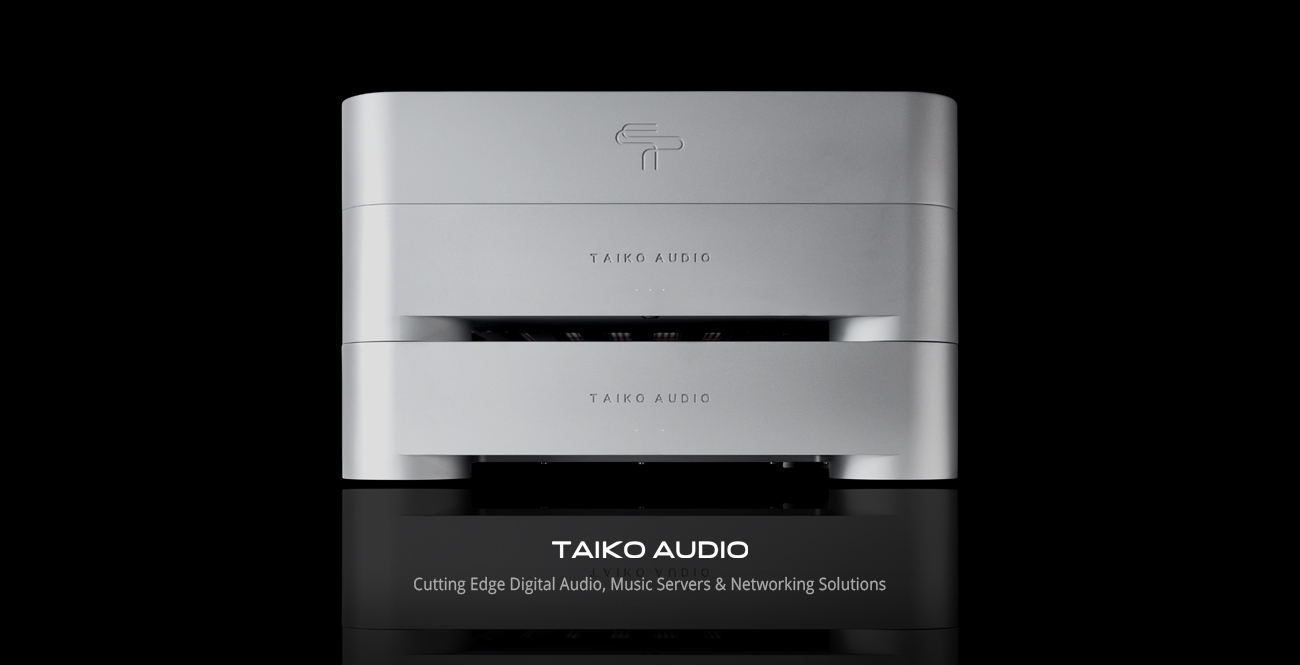Wonderful to read about @SwissTom's visit. Very jealous and hopefully one day I will be lucky enough to pay a visit to Taiko HQ (lifetime pilgrimage??I dare not even leave the US right now for any international travel so that will have to wait.
I have not seen any updates on the yield from the powder coating process for quite a while now. Do we have an update on that? I was hoping that this would turbocharge chassis production/delivery but from the recent updates it seems like # units per week is slipping backwards rather than accelerating, though that's from @nenon AI projections so...
I have switched my order to the fastest option (black powder coated) as soon as that was made available (#102) but worried this is not going to beat whatever new tariffs may be applied soon depending on the wakeup mood of some people in power.
These projections become more accurate over time, but in the short term, you will see them shifting back and forth.
Your order includes an I/O, and since the number of I/O chassis received is currently less than initially predicted, some orders with I/Os have temporarily moved down the list, while orders for black Olympus servers without I/Os have advanced. As soon as Taiko receives the next sizable batch of I/O chassis, this situation will rebalance.
Additionally, more customers have switched from silver to black, which has pushed those orders to the front as well, further impacting the overall schedule.
The scheduling algorithm continues to improve - for example, it is starting to account for holidays in the Netherlands (such as today and Monday) and planned vacations now.
The Olympus remains a complex build with inherently limited production capacity. While I wouldn't describe the switch to powder coating as "turbocharged," it has clearly helped accelerate overall production. Taiko has completed over 20 Olympus servers recently, many of them with an I/O - more than were completed in a 6-month period previously.
I hope that everyone can see clear improvements in many areas - consistent production, timely updates, clear communication, full transparency, etc. If you have any further questions, please reach out to support, and we will be happy to address them.





